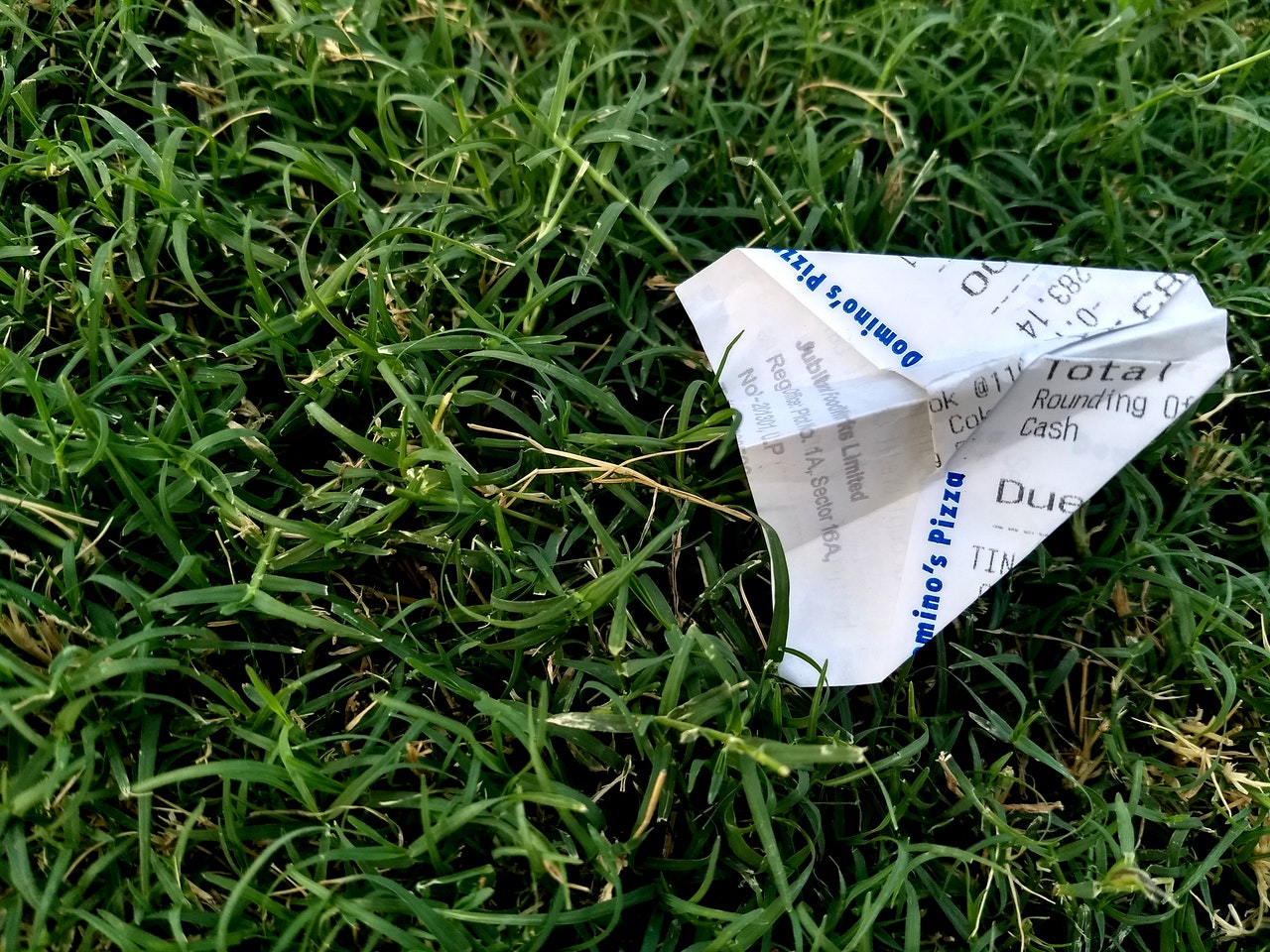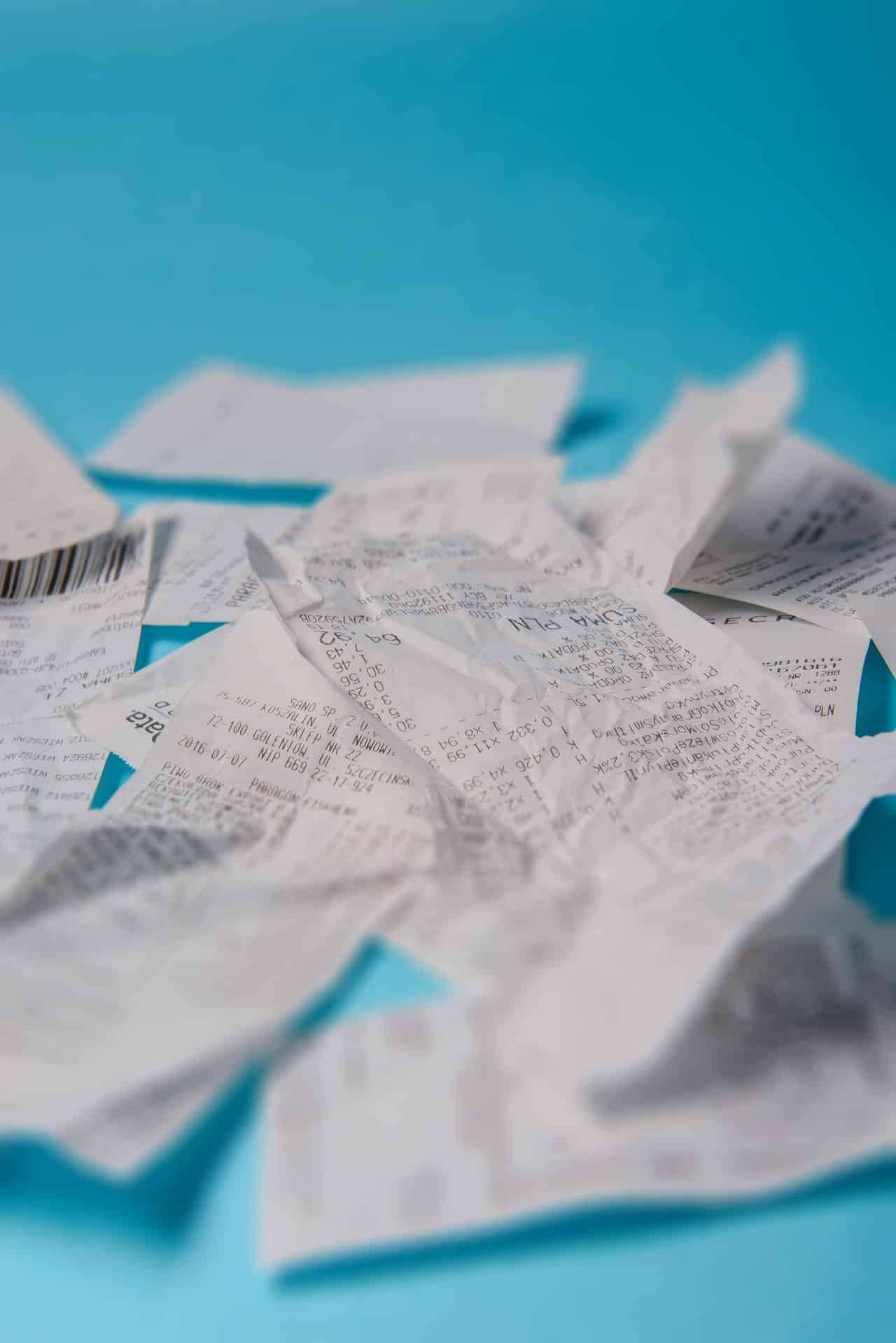Ok, I’m not going to pretend that receipt paper is the most interesting topic in the world. Yet, even though receipt paper isn’t important in the grand scheme of things, it’s still important for your store. After all, everybody who makes a purchase gets a printed receipt. And, as I’m sure you’re aware, there’s nothing more annoying than printing a receipt only to find that you can’t read what’s on the paper.
This very short guide will cover the three most important things you should consider when purchasing receipt paper. Read the guide, soak up the information, and I promise you’ll gain some basic handy knowledge about receipt paper.
IMAGE: PEXELS
What Makes Receipt Paper Special?
Receipt paper is a thin strip of paper that is coated in a material that changes color when it’s exposed to heat. Rather logically, this type of paper is known as thermal paper. When the coating is heated above its melting point, the dye reacts with the acid, and the color of the paper changes.
Most of the time, thermal paper changes color to black when it’s heated. However, that’s not always the case. You can have blue, red, and other color coatings. Stabilizers can be used in the die to help the color set. The stabilizers just help the die last longer when the paper is stored in hot or humid conditions.
Where Is The Cheapest Place To Buy Your Receipt Paper?
Receipt paper is one of those high volume low-cost products. Producing receipt paper is pretty straightforward. With the right machinery, companies can produce receipt paper at volume. Ironically, this means that receipt paper is one of those products where it’s often actually cheaper to buy from a local producer than import from China.
Sites like Amazon are an obvious place to source your receipt paper. However, it’s normally cheaper to go direct to the manufacturer. If you go direct, you remove the middleman. That means you’ll save a couple of cents on a roll of paper. It’s not much, but for a chain of stores, small savings quickly add up. For example, if you happen to have a store in the New Jersey area, the cheapest option is to buy your thermal paper rolls from a local supplier.
How Should You Store Your Receipt Paper?
Thermal paper should be stored in a dark cool place with an optimum humidity level of 45-65%. Ideally, the room temperature should be no more than 25 degrees. In the US, you can put your receipt paper in a locker, or something similar, and the receipt paper should be fine.
However, in hot climates, or in the tropics, you should store the receipt paper somewhere with temperature controls. If the room does not have temperature controls, the quality of the paper can deteriorate, which means you won’t see the printed receipt.
If you are interested in even more design-related articles and information from us here at Bit Rebels, then we have a lot to choose from.


COMMENTS